Hague: NATO found no documents
NATO informed the Hague Tribunal that it “hasn’t found” any documents requested by Radovan Karadžić’s defense regarding the alleged arming of the Bosnian army.
Thursday, 06.08.2009.
10:12

NATO informed the Hague Tribunal that it “hasn’t found” any documents requested by Radovan Karadzic’s defense regarding the alleged arming of the Bosnian army. In a letter to the trial chamber which was published by the tribunal on Wednesday, NATO stated that it, "as an inter-governmental organization” implemented a search through its archives but “did not find related documents”. Hague: NATO found no documents The former Bosnian Serb political leader's defense asked for a report in late July from NATO regarding investigations and other documents of flights towards the Tuzla airport in eastern Bosnia, in the no-fly zone, between February 10-12 and during March 1995. The defense also asked for all communication between the U.S. and Turkey at the time related to “the black flights for Tuzla” from February 10, 1995 to December 31, 1996. Karadzic claimed that a Norwegian unit of UN peacekeepers in Bosnia, UNPROFOR, and humanitarian workers in February and March 1995 were eyewitnesses to shipments of weapons coming to the airport in Tuzla which were overseen by Americans dressed in civilian clothing. According o Karadzic’s defense, the arrival of the planes was also seen by officials of the British army special unit SAS in Tuzla. Karadzic’s defense stated that the Norwegians informed their government, and that the scandal was also brought to the attention of the United Nations. The U.S. then intervened and the Norwegian witnesses were threatened. Then, U.S. Secretary of Defense William Perry officially denied that Washington was arming the Bosnian army. Karadzic claims that the investigation implemented by the Dutch government in the archives in Sarajevo contains documents that confirm that 40 machine guns, and other military equipment was taken by helicopter from the Tuzla airport on February 13 to Zepa, and then to Srebrenica from there. Both towns were protected and demilitarized UN zones at the time. The defense also quoted the book of Cees Wiebes, “Intelligence work and the war in Bosnia 1992-1995 (Perspectives on Intelligence History)” for some of its claims. Karadzic stated that the he asked NATO for the documentation, but that he did not receive an answer, and said it was therefore necessary for the alliance to be obligated by the court to give the documents to the defense. The trial chamber of presiding Judge Ian Bonomy then called on NATO to answer Karadzic’s demand, which it did. Karadzic’s defense at the same time asked the judges to obligate the governments of Austria and Italy to present documents on weapons smuggling, explosions at the Markale market in Sarajevo, and wiretapping of conversations ahead of the Srebrenica crisis. The Hague Tribunal has accused Karadzic of war crimes and genocide committed in Bosnia-Herzegovina during the 1992-95 war.
Hague: NATO found no documents
The former Bosnian Serb political leader's defense asked for a report in late July from NATO regarding investigations and other documents of flights towards the Tuzla airport in eastern Bosnia, in the no-fly zone, between February 10-12 and during March 1995.The defense also asked for all communication between the U.S. and Turkey at the time related to “the black flights for Tuzla” from February 10, 1995 to December 31, 1996.
Karadžić claimed that a Norwegian unit of UN peacekeepers in Bosnia, UNPROFOR, and humanitarian workers in February and March 1995 were eyewitnesses to shipments of weapons coming to the airport in Tuzla which were overseen by Americans dressed in civilian clothing.
According o Karadžić’s defense, the arrival of the planes was also seen by officials of the British army special unit SAS in Tuzla.
Karadžić’s defense stated that the Norwegians informed their government, and that the scandal was also brought to the attention of the United Nations.
The U.S. then intervened and the Norwegian witnesses were threatened. Then, U.S. Secretary of Defense William Perry officially denied that Washington was arming the Bosnian army.
Karadžić claims that the investigation implemented by the Dutch government in the archives in Sarajevo contains documents that confirm that 40 machine guns, and other military equipment was taken by helicopter from the Tuzla airport on February 13 to Žepa, and then to Srebrenica from there. Both towns were protected and demilitarized UN zones at the time.
The defense also quoted the book of Cees Wiebes, “Intelligence work and the war in Bosnia 1992-1995 (Perspectives on Intelligence History)” for some of its claims.
Karadžić stated that the he asked NATO for the documentation, but that he did not receive an answer, and said it was therefore necessary for the alliance to be obligated by the court to give the documents to the defense.
The trial chamber of presiding Judge Ian Bonomy then called on NATO to answer Karadžić’s demand, which it did.
Karadžić’s defense at the same time asked the judges to obligate the governments of Austria and Italy to present documents on weapons smuggling, explosions at the Markale market in Sarajevo, and wiretapping of conversations ahead of the Srebrenica crisis.
The Hague Tribunal has accused Karadžić of war crimes and genocide committed in Bosnia-Herzegovina during the 1992-95 war.










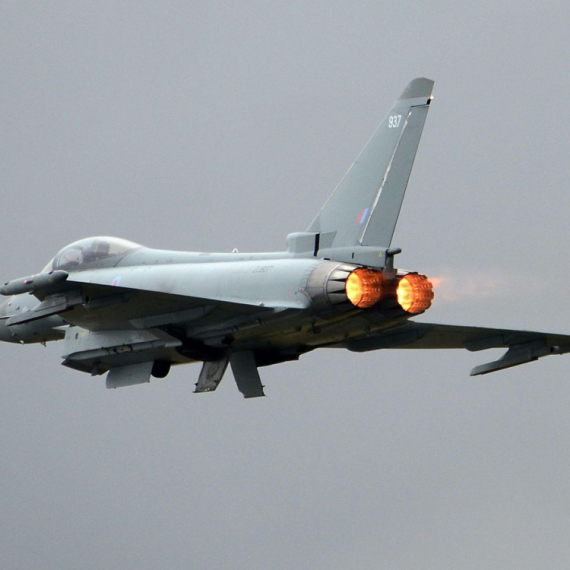
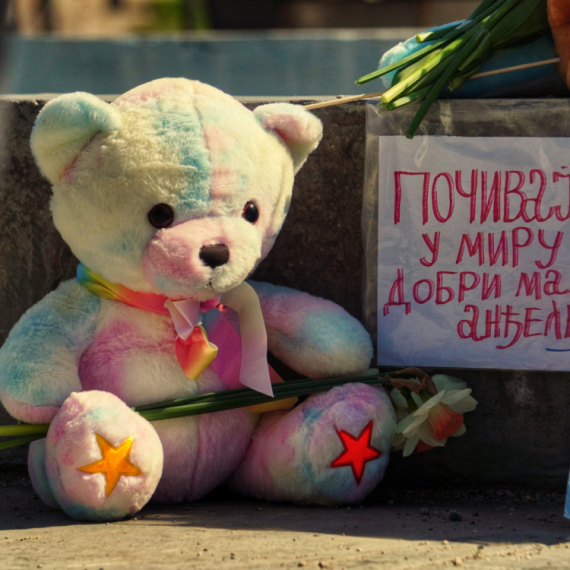


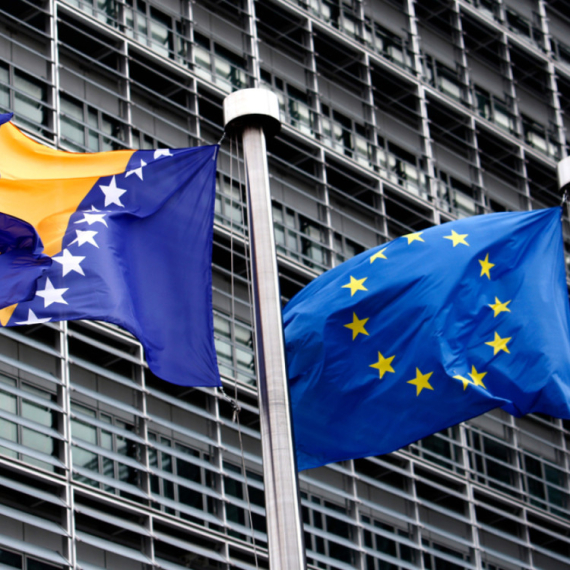

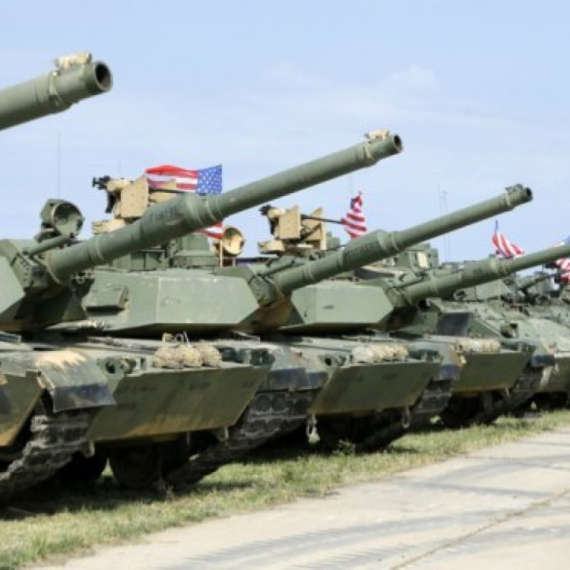




















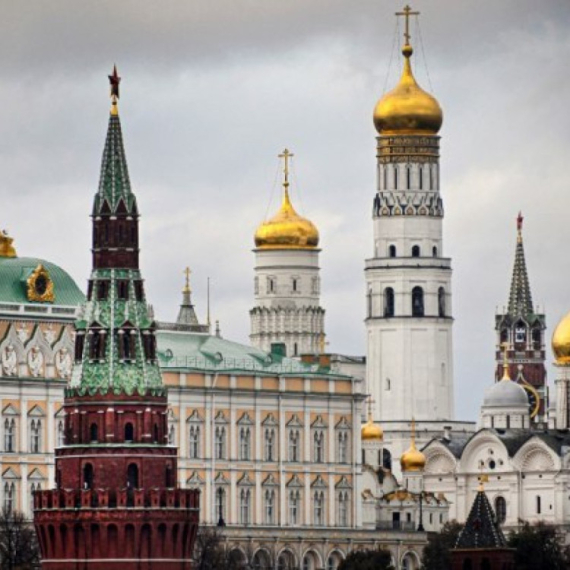

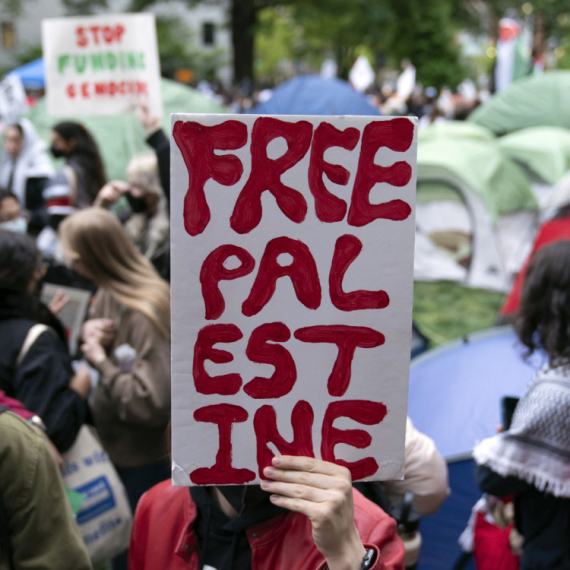












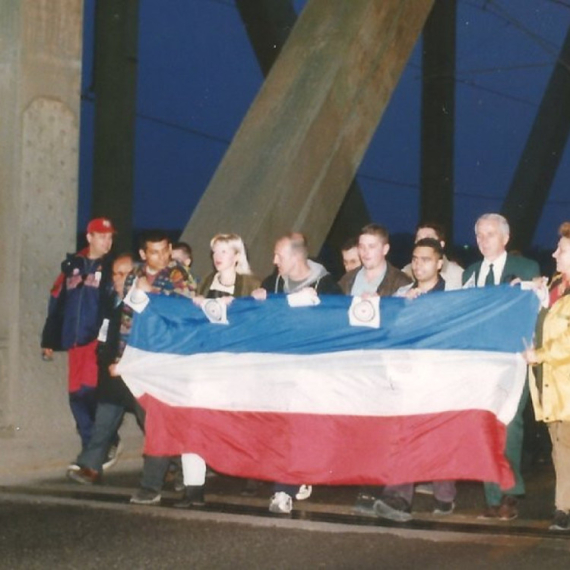





Komentari 6
Pogledaj komentare